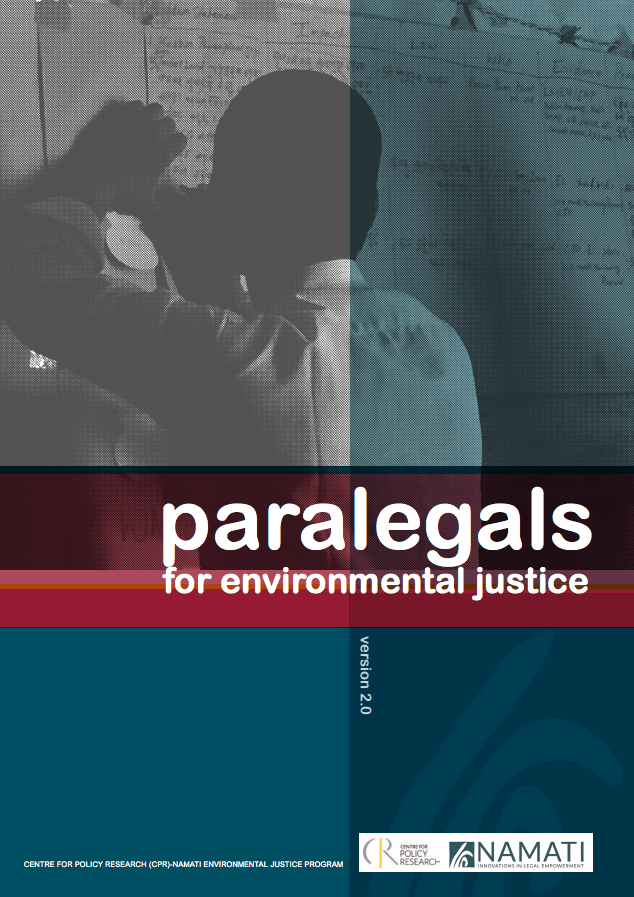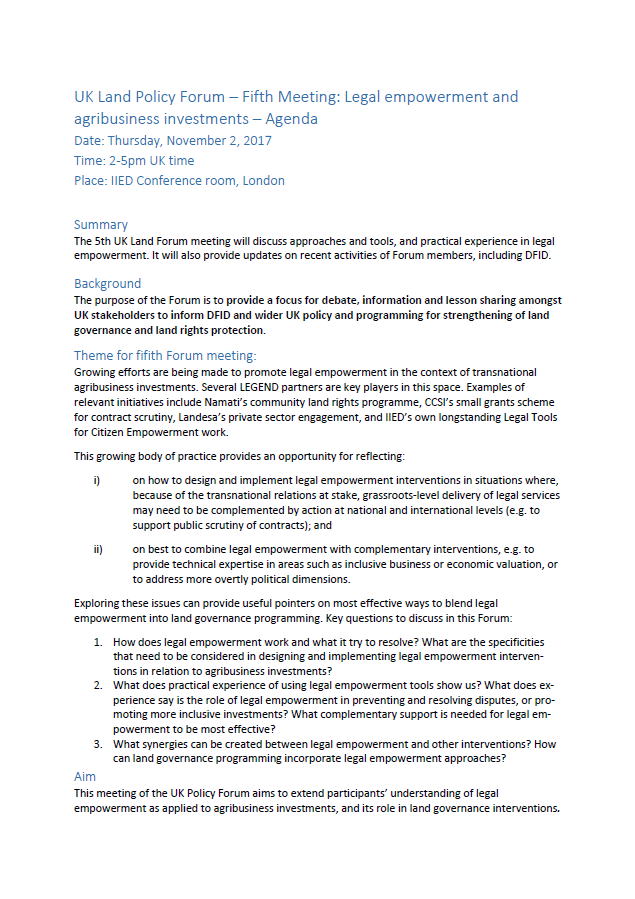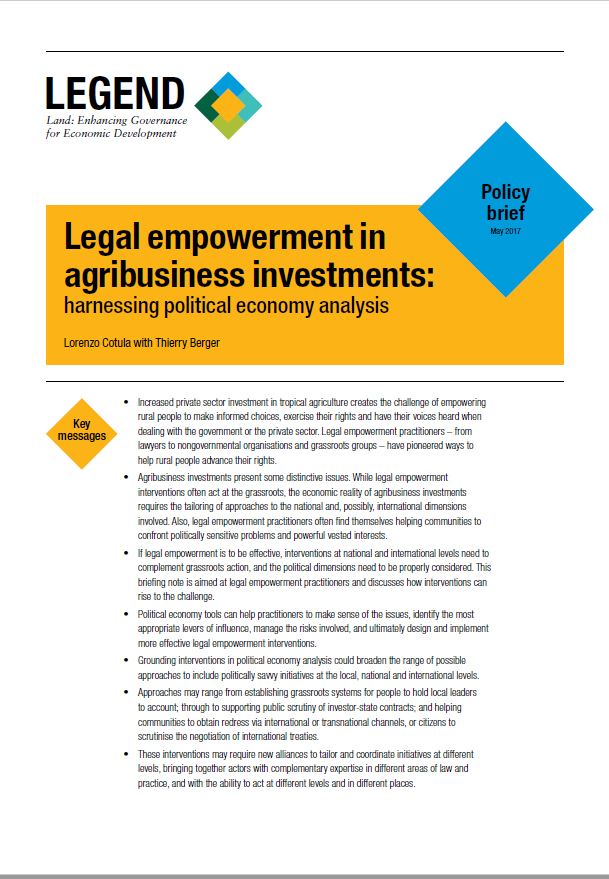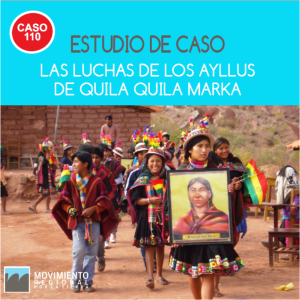Forest, water and people: The roles and limits of mediation in transforming watershed conflict in Northern Thailand
This study focuses on watershed management in Northern Thailand, where conflict over forest, land and water-use is a prevailing problem. A characteristic of watershed conflicts is that they are often multifaceted and involve multiple stakeholders with different interests and values, consequently requiring conflict management approaches that are sustainable in their outcomes, including addressing the underlying causes of the conflicts.









